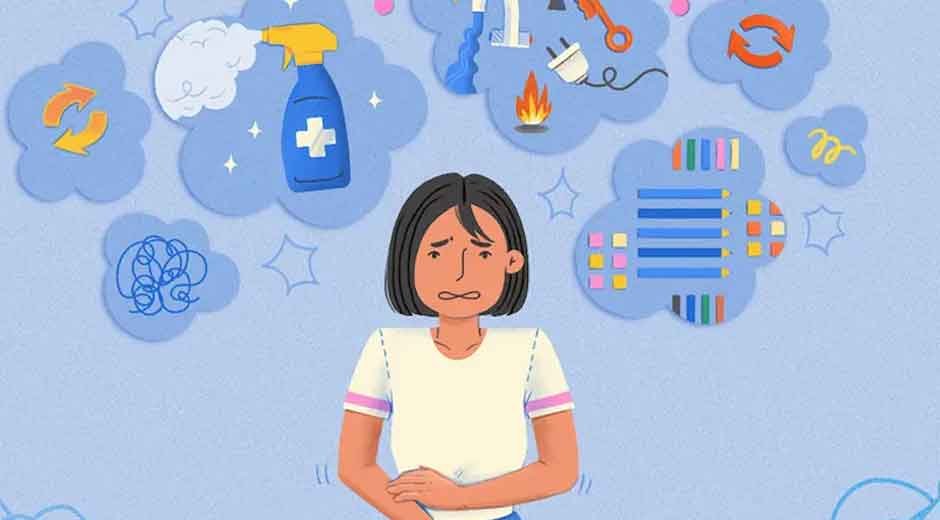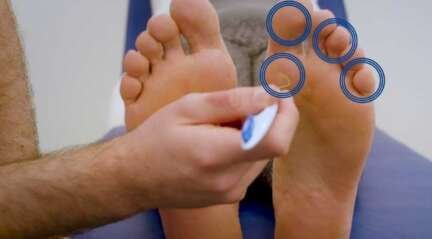Do you ever feel like you have to do something, even when you don’t want to? Do you see someone close to you doing things over and over again and they can’t stop? Compulsive behaviors can take over your daily life. They can make you feel stuck, scared, or even ashamed. These actions are hard to stop and often grow worse over time.
Learning the signs early can help you or someone you care about get the help they need. Don’t wait-start paying attention today. Continue reading to discover everything you need to know.
What Are Compulsive Behaviors?
Compulsive behaviors are things a person feels they must do. These actions may not make sense to others. Still, for the person doing them, they feel very real. These behaviors are often repeated many times. People may engage in them to alleviate stress, fear, or guilt.
It might seem like a habit, but it’s more than that. Compulsive actions are often hard to hide. They can take up a lot of time each day. They can also hurt someone’s health, job, or relationships.
Feeling the Urge, Again and Again
Compulsive behavior is characterized by an intense, uncontrollable urge to engage in specific actions, even if the individual doesn’t want to. This compulsion is often driven by anxiety or fear, with the belief that failing to perform the action could lead to undesirable or harmful consequences.
For instance, individuals may feel compelled to wash their hands repeatedly, despite having already done so thoroughly. Similarly, some people might check doors or locks multiple times, knowing they are secured, yet still experiencing the need to verify.
Physical Signs You Might Miss
Compulsive behaviors can also show up in the body. You may notice signs like raw skin from too much washing, or hair loss from pulling it out. Some people bite their nails until they bleed.
Others may pick at their skin or feel they must clean their home again and again. There are ways to manage compulsive hair pulling and other physical signs with care and support.
Emotional and Social Effects
Certain behaviors can contribute to feelings of loneliness and shame in individuals. As a result, people may attempt to conceal their actions, potentially leading them to distance themselves from family and friends. This internal struggle often manifests as anger or frustration directed at themselves.
Despite a desire to change, they may feel uncertain about how to proceed. Over time, these experiences can escalate into feelings of sadness or anxiety.
Don’t Wait to Get Help
If you or someone you know shows signs of compulsive behavior, it’s okay to ask for help. These habits are not just “bad habits.” They are signs that something deeper may be going on. The sooner you notice them, the sooner you can take steps to feel better.
Talk to someone you trust, or speak with a doctor or counselor. With the right support, change is possible-and healing can begin. Expand your knowledge and check out more posts on our blog!







